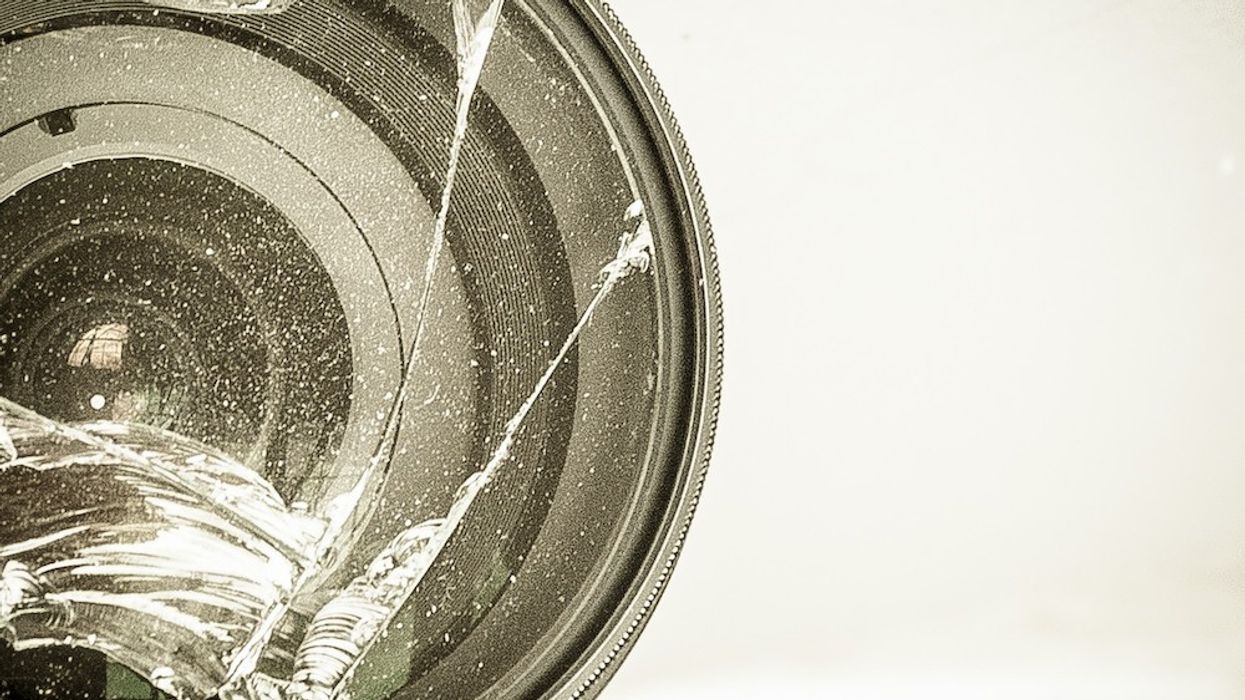In the world of filmmaking, only one thing is assured—mistakes will be made. By you. All the time. For a long time.
There's no way to avoid it; in fact, it's oftentimes what makes us better at doing what we do. You lose a bunch of footage, so you learn to back it up. Your shoot gets rained out, so you learn to check the weather beforehand. You wear flipflops on set all day, so you learn to throw those shits in the garbage.
However, there are several missteps you can make along your creative journey that will keep you from maturing, growing, and elevating your craft. Darious Britt of D4Darious talks about a handful of them in the video below in hopes that maybe you can avoid wasting some of the most exciting years in your career. Check it out below:
Fixed Mindset vs. Growth Mindset
So. Many. Beginners. Have. A. Fixed. Mindset. This is unhealthy, unproductive, and rarely leads to success, because while the fixed mindset sits and stews in frustration over their "predetermined" lack of talent, resources, and opportunities, the growth mindset is running toward their goal knowing that they have control over acquiring those things.
I know I had a fixed mindset when I first started. I spent more time wondering if I "had what it takes" than learning the necessary skills—what a friggin' waste!
Which mindset do you have? Do you believe your abilities and potential are predetermined or do you believe you can learn new skills? Do you see failure as a reminder of your limited abilities or as an opportunity to grow them?
Do. Not. Be. Precious.
You've probably heard these axioms a hundred times—"don't be precious," "kill your darlings"—but what do those things even mean and why are they so important? To put it simply, you must be able to sacrifice whatever you write, shoot, edit, regardless of how good it is, on the altar of story. Delete your beautiful dialogue if it doesn't work in your narrative. Cut that impeccable scene if it makes things confusing. Rework that glorious edit if the runtime is too long.
Why? Because you'll waste so much damn time fighting to keep your darlings alive that you'll end up killing your baby. Don't let your infatuation with lines of dialogue, characters, and locations, get in the way of your love for your project.
If you're a beginner who just wrote your favorite scene ever or captured the most gorgeous shot of your life, just know that if you try like hell to keep that little darling alive despite it ruining your project, you'll end up wasting your time, money, and potentially your final product in the process.
Get Your 10,000 Hours In
Author Malcolm Gladwell once said that it takes 10,000 hours of "deliberate practice" to become a master in any given field, and while that theory has been argued and largely debunked by scholars, its essence is still absolutely true. Though you may never become a "master" in your field, whether it's editing, directing, writing, or cinematography, putting in work has its rewards.
As a beginner, it's easy to keep your filmmaking dreams in your head and make big plans that are never actualized. Why? Because work is hard. And it takes a lot of time. (Also, self-doubt and the crushing weight of failure is a bummer.)
Consistently writing, shooting, editing—whatever you do—will help you learn and perfect your craft. No, you may not become a "world-class whatever", but you will know enough to do some solid work, get paid, and make the things you really want to make.
It'll also keep that creative fire burning, which is an absolute must!
What are some other important lessons newbies should learn early on in their filmmaking careers? Let us know down in the comments below.
Source: D4Darious












